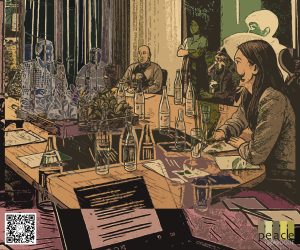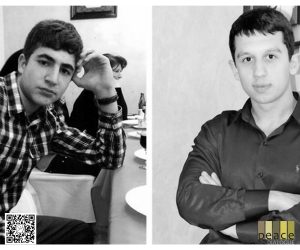ACTIVITIES
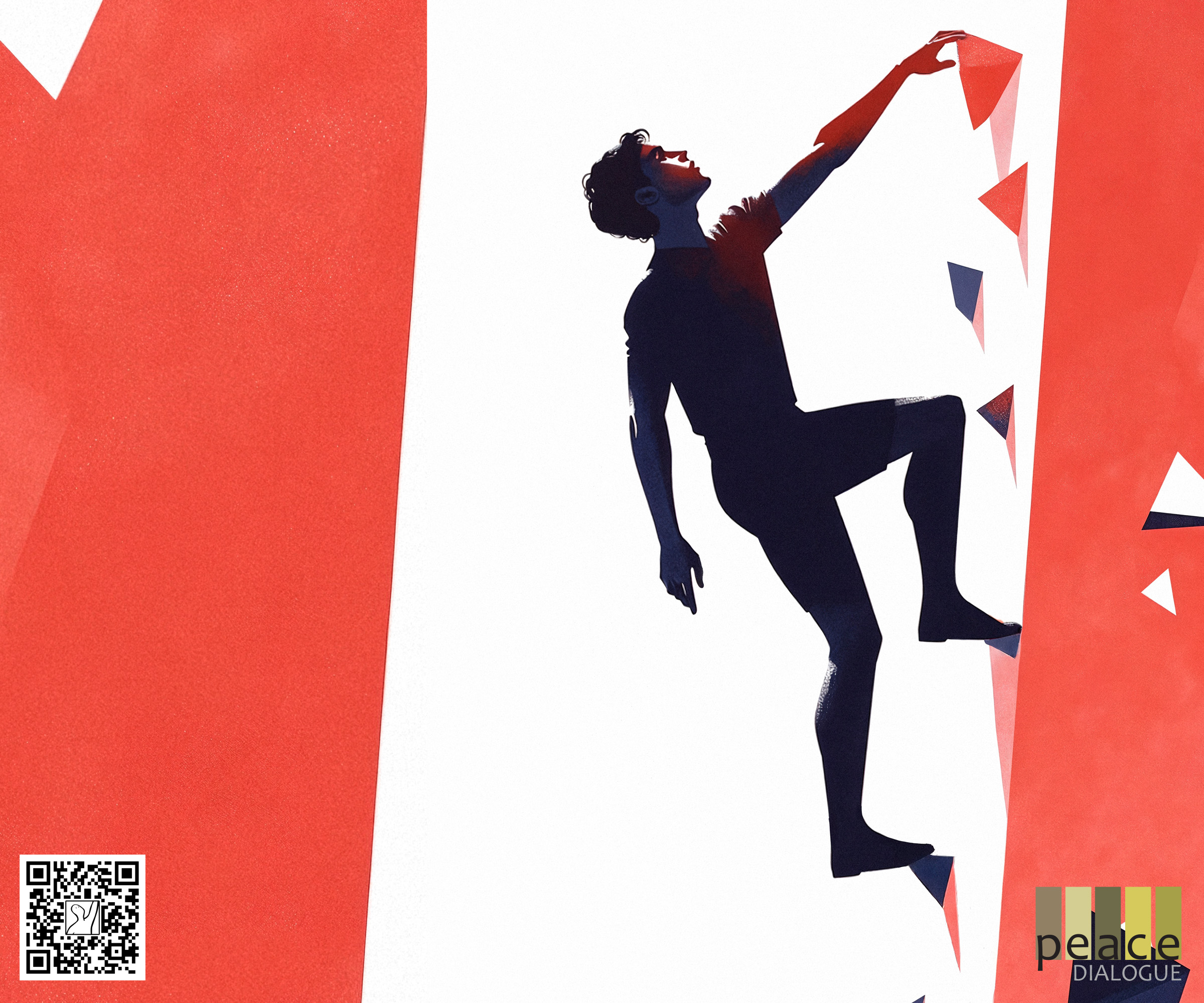
PEACE DIALOGUE NGO’S STRATEGY: 2026-2030
In conflict and post-conflict environments, through its initiatives conducted locally, regionally, and internationally, Peace Dialogue endeavors to make meaningful contributions to:
- Forming multi-dimensional dialogue,
- Protecting human rights,
- Cultivating a culture of peace and fostering peace movement,
- Nurturing respect for democratic values,
- Facilitating the development and fortification of democratic institutions,
- Avocating for the interests and rights of conflict-affected groups.
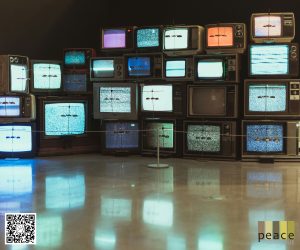
Multi-Stakeholder Foresight Dialogue: Exploring Future Scenarios in Armenian-Azerbaijani Relations
Working Meeting of the Monitoring group for the MoD Actions Derived from the National Human Rights Action Plan for 2017-2019
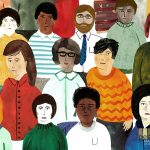
During the meeting a discussion was held with representatives of different subdivisions of the RA MoD, who introduced the activities carried out by their subdivisions within the scope of the National Human Rights Action Plan for 2017-2019 and the legal acts adopted as a result of these activities.
Peace Dialogue Has Initiated a Strategic Litigation

Peace Dialogue NGO has initiated a strategic litigation for the protection of the right of military servicemen who have graduated from military-educational institutions and refuse post-educational military service. With the involvement of lawyer Artur Sukiasyan, the organization is planning to apply to the court on the basis of one of the military servicemen enrolled in the RA Reserve Military Forces with the request to invalidate the RA government decree provision applied on him. In the case of refusal of post-educational military service, servicemen who have graduated from military-educational institutions must compensate the expenses of their education. The compensation procedure is set in the RA Governmental Decree 393-Nof 8 April, 2010.
“Rethinking-Cooperating-Sharing” Youth Exchange
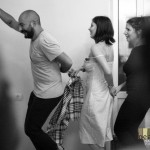
On August 20-27, 2018, 24 young people aged 18-25 representing France, Germany, Turkey, and Armenia, reunited in Vanadzor and Yerevan for implementing the second phase of the four-national exchange program launched in November, 2017. The project is organized by the Marseille-based organization “Une Terre Culturelle” with the participation of Centre Français de Berlin (French Center in Berlin), AFS in Istanbul, and the Vanadzor-based “Peace Dialogue” NGO.
Arena: Summer School for Peace and Art // 2018
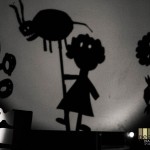
On August 2-12, the 3rd Summer School organized within the scope of “ARENA: Community Theatre and Public Art” took place in Borjomi, Georgia. Around 40 activists from Russia, Ukraine, Armenia, Azerbaijan, Germany, and Georgia participated in the final meeting of the four-year program initiated by Peace Dialogue NGO and its German partner OWEN e.V.
Dialogue Across History and Memories / Workshop in Tbilisi
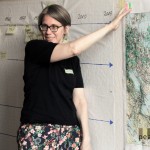
According to official numbers, more than 496,000 people were forcibly evicted from Chechnya and Ingushetia by Stalin’s regime in 1944. The official documents state that 411,000 people were sent to Kazakhstan and 86,000 to Kyrgyzstan. Other sources put the number much higher, at over 650,000. Chechen historians claim that about 400,000 people died during the deportation.
“People were put in cattle wagons, which would stop on the way only to let people relieve themselves” – tells Hava Mahmudova, remembering the stories her mother told her about the deportation of her family to Kazakhstan. – “During the stops, soldiers demanded that the bodies of the dead were unloaded…
Gender-Based Approach in Community Organizing
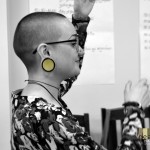
A four-day workshop entitled Gender Approach in Community Organizing was held in Zugdidi, Georgia from 9thto 12thof May, 2018. The event was initiated by Tsitsino Shengelia from the Centre for Civic Activism from Zugdidi in the framework of the project “ARENA: Community Theatre and Public Art”.
Using Video for Advocacy: Training in Novocherkassk
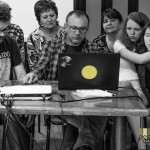
The group of participants of the four-day school of using video for advocacy consisted mainly of people from Novocherkassk. However, the project team involved several members of the ARENA network from other countries or people who were delegated by the network members.
Noteworthy, that two of the ARENA project participants, Lyubov Martinets from Ukraine and Zulfiya Safkhanova from Azerbaijan, were involved as co-facilitators of the training. The purpose was to further strengthen the regional network and to involve new actors from the mentioned regions. In total 23 participants of different age-groups and professions attended the school. With the support and mentorship of the facilitators and co-facilitators they learned the basic skills of video-making, script writing, video editing, etc.


